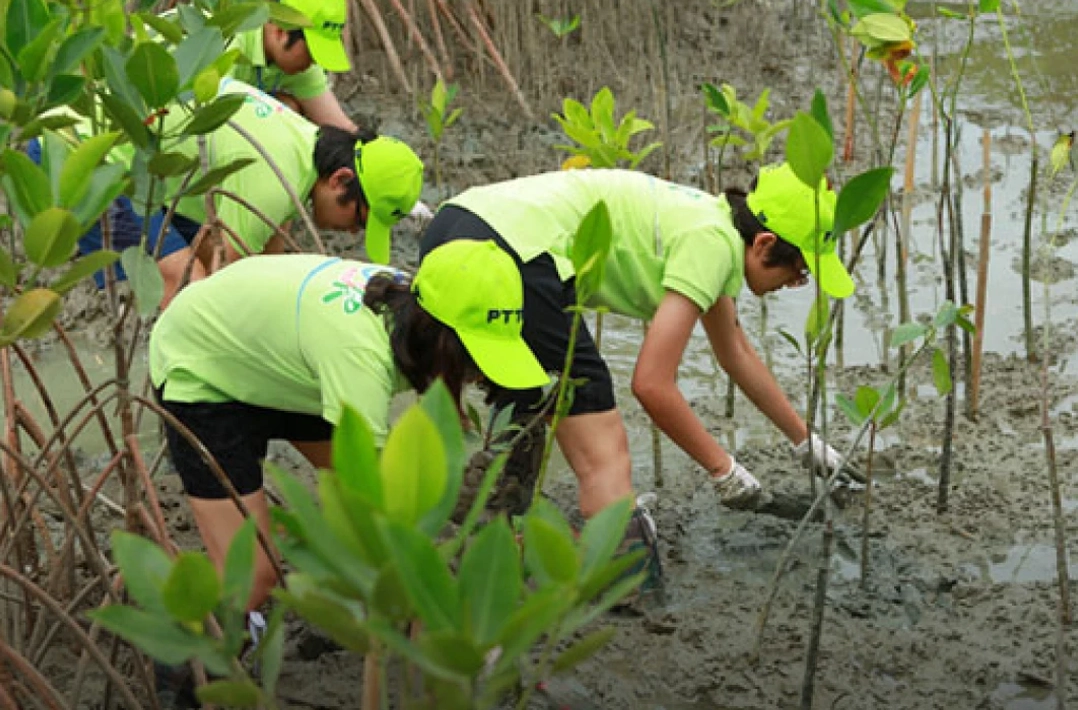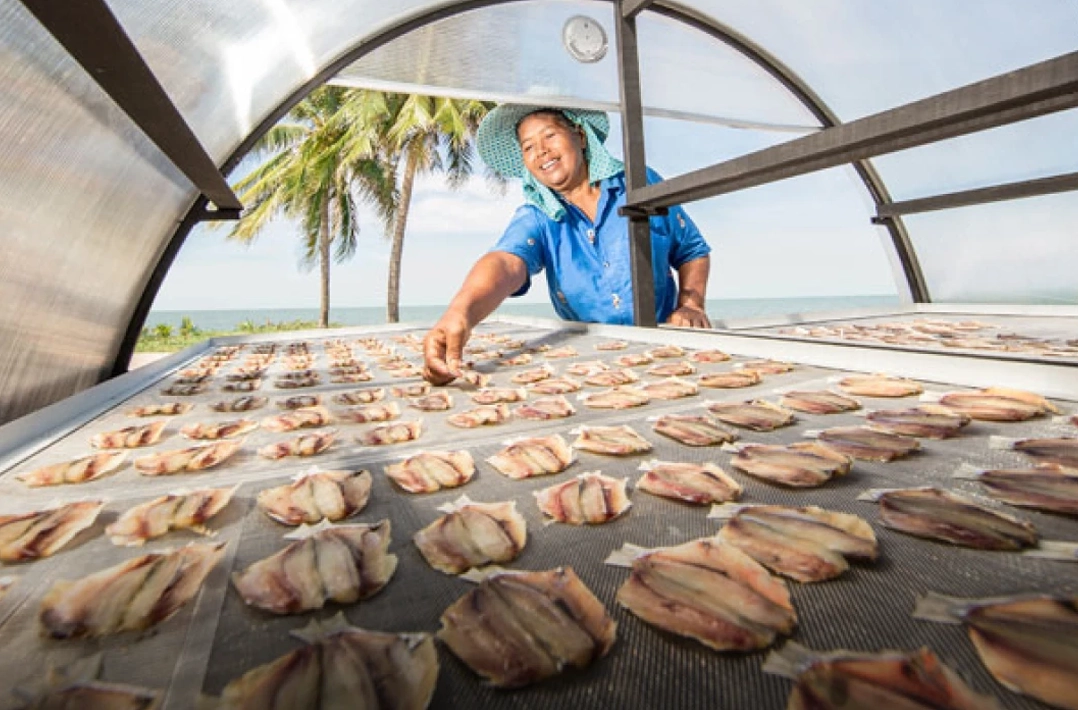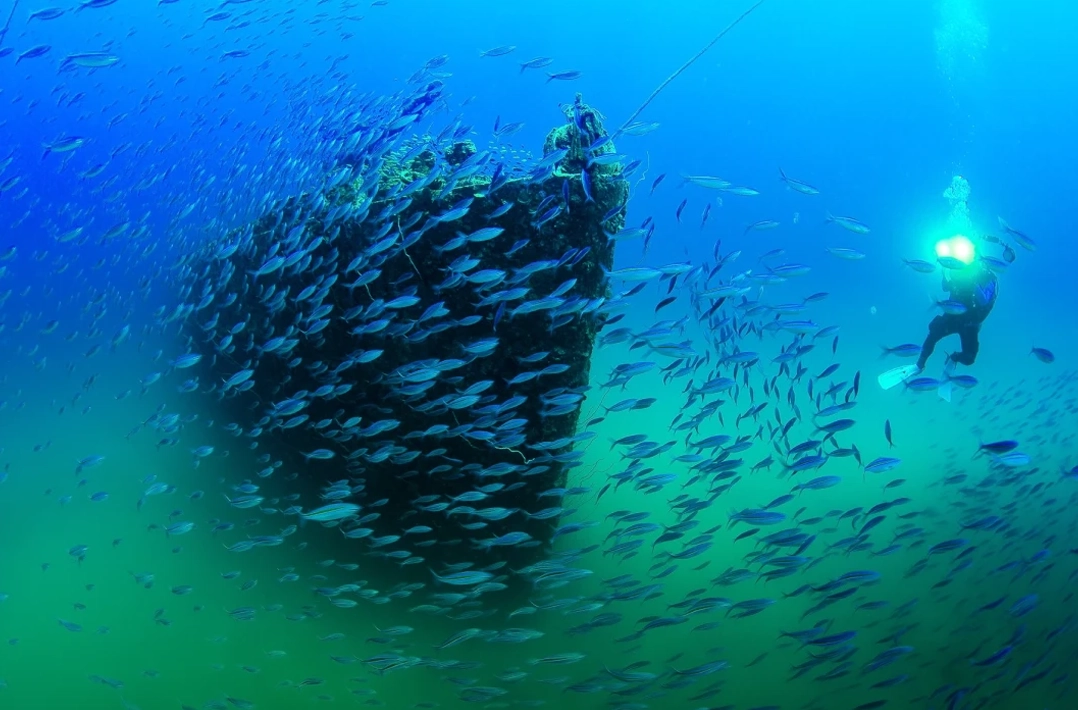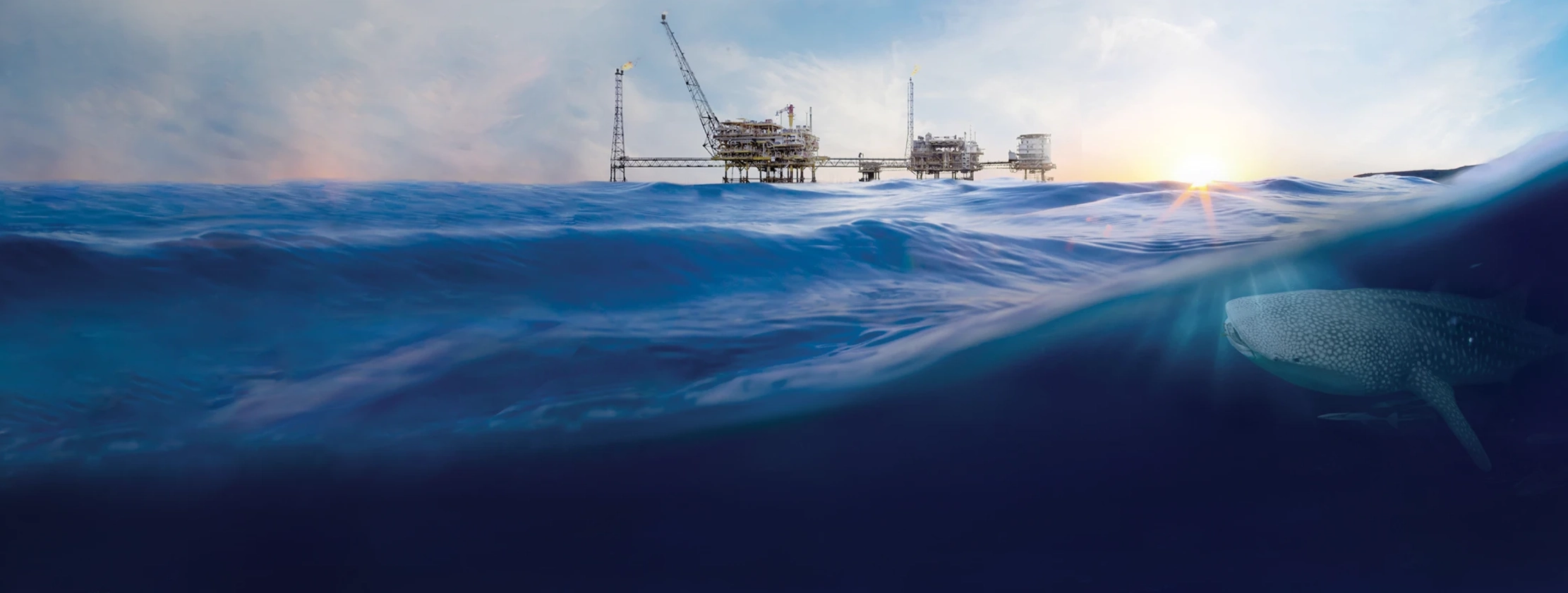

Ocean for Life
With the majority of PTTEP’s operational areas located in the ocean, which is akin to our second home, the Company has established a sustainable approach to conserving, restoring, and managing marine natural resources and ecosystems. This initiative, known as “Ocean for Life,” is carried out through environmentally friendly business processes that promote marine resource abundance and biodiversity conservation. We collaborate with various organizations, including the Department of Marine and Coastal Resources, the Department of Fisheries, educational institutions, and coastal communities across 17 provinces surrounding the Gulf of Thailand. Our efforts are focused on three key areas:
Sustainable Ocean–Friendly Operations
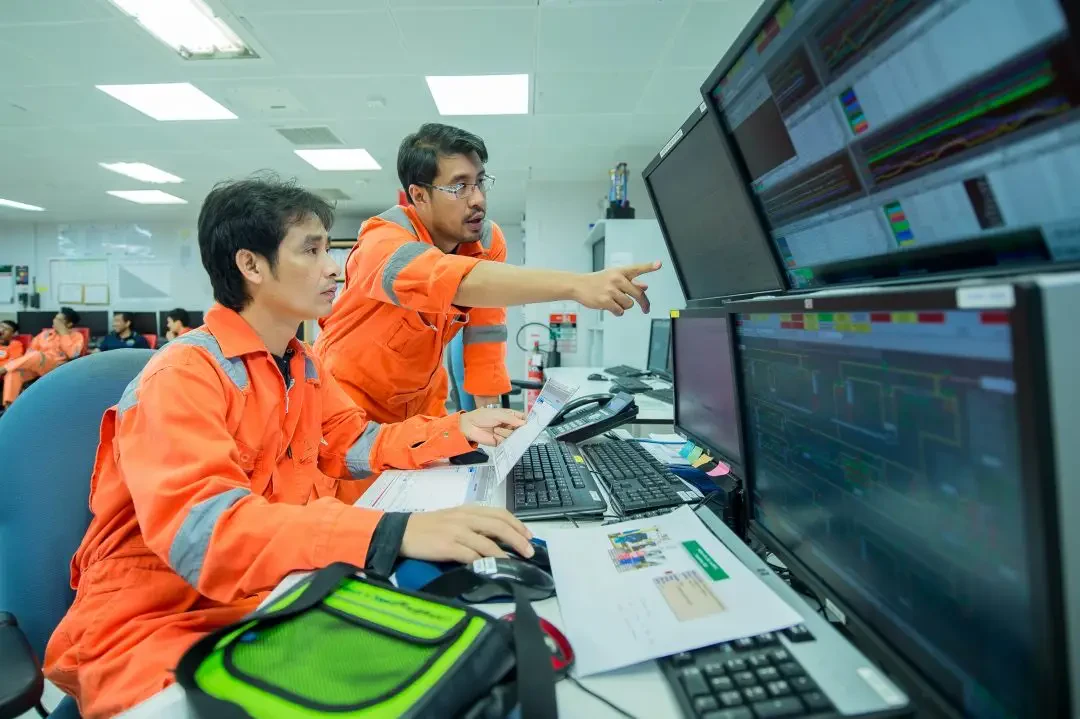
PTTEP is committed to environmentally responsible operations by integrating advanced technologies and innovations. For instance, we utilize Autonomous Underwater Vehicles (AUVs) for smart underwater inspection and maintenance of subsea equipment. Additionally, we explore methods to repurpose decommissioned production platforms into artificial reefs (Rigs to Reefs) to create habitats for marine life. We also prioritize minimizing operational impacts, ensuring compliance with national regulations and international standards.
Sustainable Ocean Health and Blue Carbon Solutions
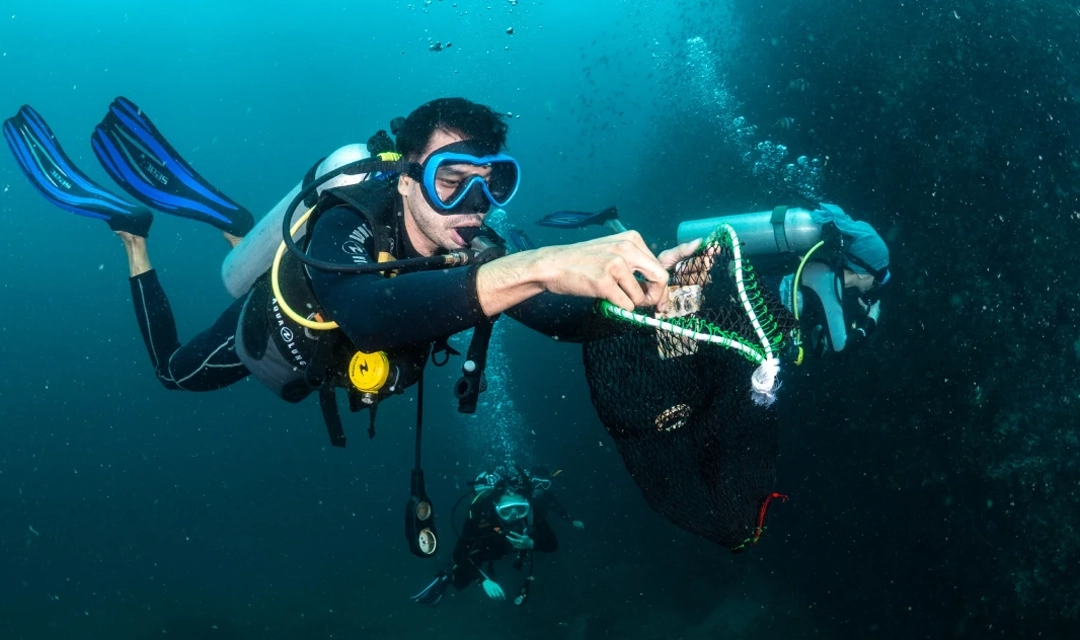
PTTEP actively monitors ocean health and biodiversity using offshore production platforms in the Gulf of Thailand as data collection points for meteorological and oceanographic research. These platforms also support early warning systems for local areas. Our goal is to establish a comprehensive marine data hub, connecting networks from both domestic and international government and private sectors through the in-house developed “PTTEP Ocean Data Platform”. To also address biodiversity loss and climate change adaptation, PTTEP emphasizes the natural carbon dioxide absorption through blue carbon initiatives, such as mangrove reforestation and seagrass restoration. In addition, PTTEP continuously monitors coral bleaching and assesses biodiversity in coral reef ecosystems.
Sustainable Community around the Ocean
PTTEP delivers shared value to coastal stakeholders by enhancing marine resources, biodiversity, and the quality of life for communities dependent on the ocean. Our goal is to foster self-reliant and sustainable communities. The Company implements various social development projects across 17 Gulf of Thailand provinces, including: Ocean Waste Management, Aquatic Animal Hatchery Learning Center, Sea Turtle Conservation, Coastal Conservation Area and Fish Home, Sea Products Development, and Underwater Learning Site. These projects are carried out in collaboration with government agencies, educational institutions, private sectors, and local communities.
PTTEP believes that projects implemented under the Ocean for Life strategy will not only restore the balance of marine ecosystem but also generate income and promote decent quality of life for coastal communities. Additionally, the projects support the United Nations Sustainable Development Goals (SDGs): Goal #14 – Life below water. Eventually, they will further improve Thailand’s and global Ocean Health Index.
Throughout our business journey, aside from petroleum exploration that supports economic development and ensure uninterrupted energy supply, PTTEP has consistently emphasized harnessing partnerships to create shared value and foster sustainable growth for society, community and the environment.
The Company has developed PTTEP Ocean Data Platform in collaboration with partners across various fields to collect and promote the use of offshore marine data from research projects and initiatives under the Ocean for Life strategy. The platform enhances the marine database for the Gulf of Thailand, broadening public and researcher access to support marine environment protection and conservation efforts. Together, PTTEP strives to foster inclusive participation in safeguarding, sustaining, and restoring marine ecosystems.

